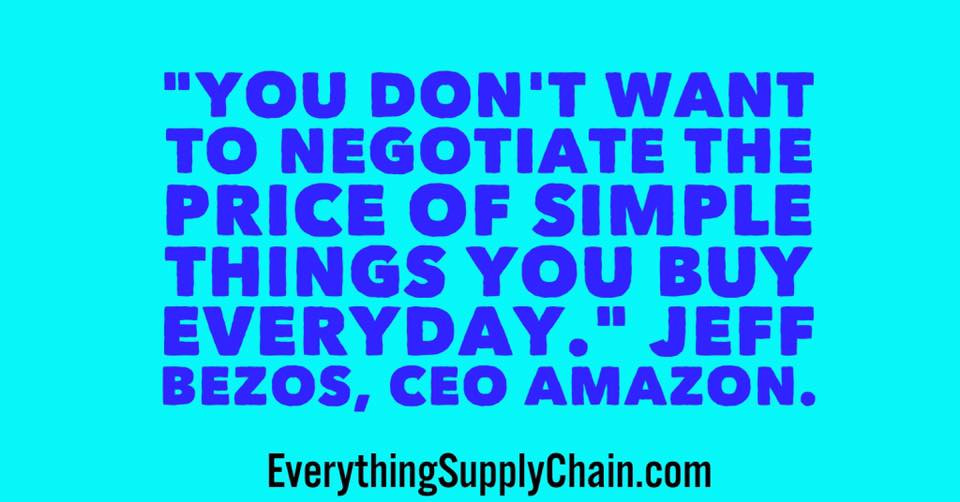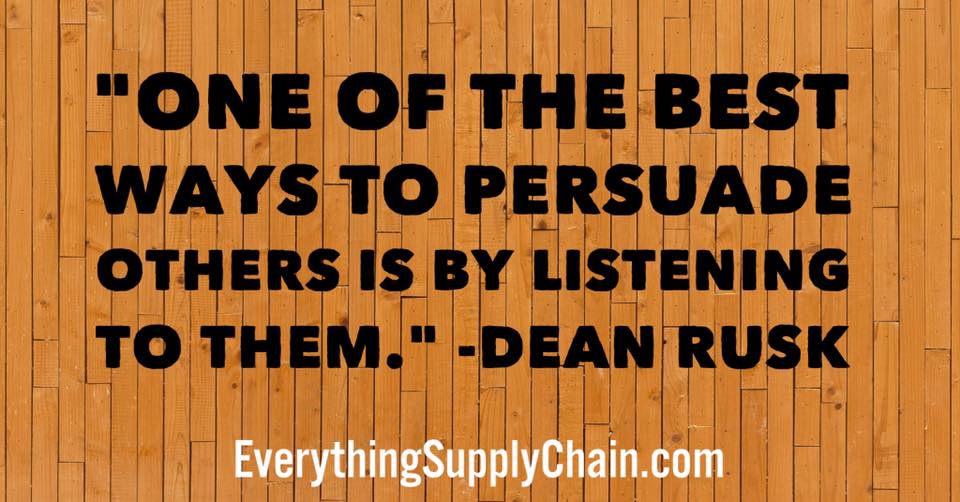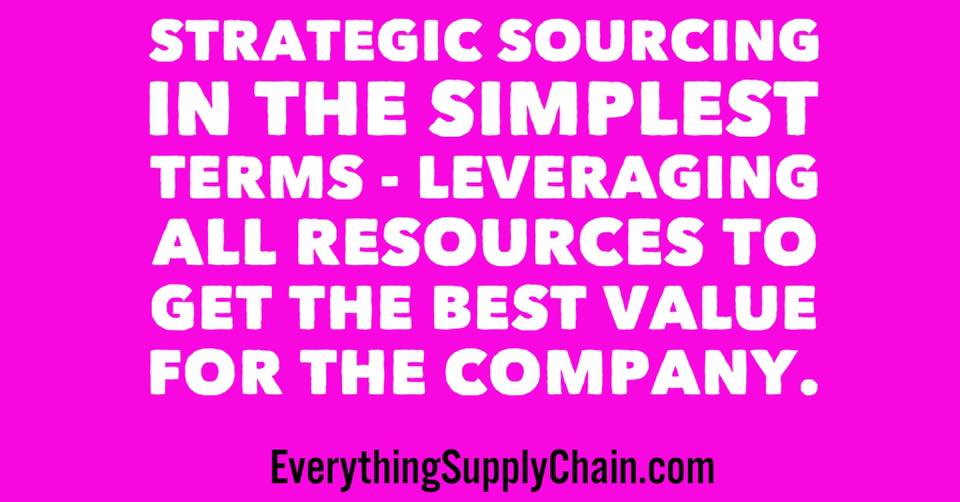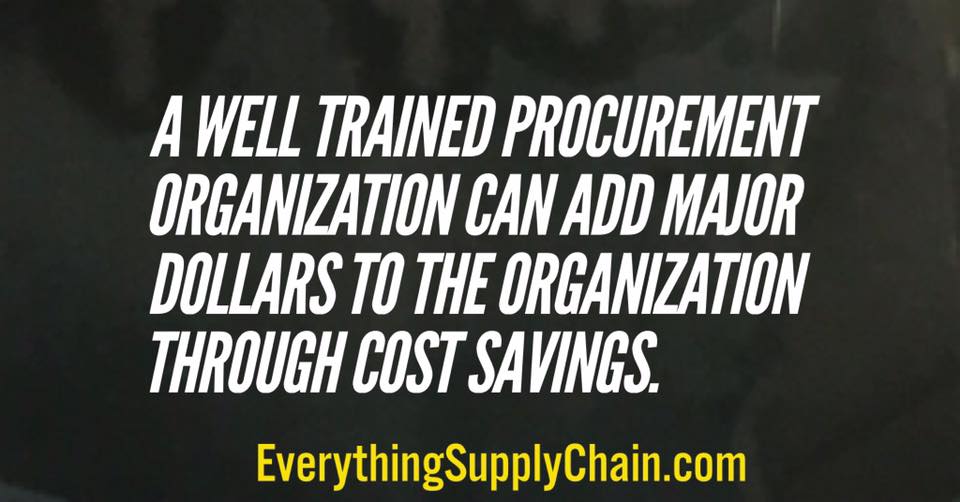Procurement Training.
Top companies generally have well-established and formalized procurement training and processes in place to ensure that they obtain the best value for their money when purchasing goods and services. These processes typically involve the following steps:
- Planning: This involves identifying the goods and services that are needed, determining the budget, and setting procurement goals and objectives.
- Solicitation: This involves reaching out to potential suppliers and requesting bids or proposals for the goods and services that are needed. This may be done through a request for proposal (RFP) process, in which suppliers are invited to submit detailed proposals outlining their offerings, or through a request for quotation (RFQ) process, in which suppliers are invited to provide price quotations for specific goods or services.
- Evaluation: This involves reviewing the bids and proposals received from suppliers and evaluating them based on a variety of factors, including price, quality, delivery schedule, and the supplier’s track record and reputation.
- Selection: This involves selecting the supplier that offers the best value based on the evaluation criteria.
- Contract negotiation: This involves negotiating the terms and conditions of the contract with the selected supplier.
- Implementation: This involves placing orders, managing the delivery of goods and services, and ensuring that the terms of the contract are being followed.
- Monitoring and review: This involves monitoring the performance of the supplier and reviewing the procurement process to identify any areas for improvement.
Top companies also often have specialized procurement departments or teams that are responsible for managing the procurement process and ensuring that it is carried out effectively and efficiently. These teams may use a variety of tools and technologies, such as electronic procurement systems, to streamline and automate the process.
There are several key strategies that can help you negotiate contracts effectively:
- Research and preparation: It is important to do your homework before entering into negotiations. Research the market to understand the going rates for the goods or services you are purchasing, and gather information about the supplier, including their track record and reputation.
- Set clear goals and objectives: Determine your priorities and the key terms that are most important to you before beginning negotiations. This will help you focus your efforts and avoid getting sidetracked.
- Communicate effectively: Be clear and concise in your communication, and make sure to listen carefully to the other party’s perspective. Avoid becoming confrontational or aggressive, as this can hinder the negotiation process.
- Use data and evidence to support your position: When negotiating terms, it can be helpful to use data and evidence to support your position. For example, if you are negotiating a price, you may want to provide data on similar goods or services that have been purchased at similar prices in the past.
- Be open to compromise: Negotiations often involve give and take, and it is important to be open to making compromises in order to reach an agreement.
- Get everything in writing: Make sure to document any agreements or changes in writing, and have the final contract reviewed by legal counsel before signing.
Overall, the best way to negotiate contracts is to be well-prepared, communicate effectively, and be open to compromise, while also being firm and assertive in advocating for your interests.
Supply Chain and Leadership Information.
- 7 Tips for Successful Supplier Relationship Management.
- Amazon tour: What happens after you place that order.
- Artificial intelligence and procurement.
- ERP Quotes by Top Minds.
- Exclusive interview with Apple CEO Tim Cook.
- John Shook Explains the Lean Transformation Model.
- Lean, Kaizen, and Continuous Improvement.
- Negotiation Skills.
- Negotiation – from Stanford Graduate School of Business.
- Omnichannel Retailing | The Digital Store of the Future.
- Procurement Manager Interview Questions And Answers.
- Procurement Training, Purchasing Training, Supply Chain Management Training.
- SAP Quotes by Top Minds.
- SCM Strategies and Innovations.
- Supply Chain Information and Resources.
- Supply Chain Omnichannel Strategies.
- The Story of Steve Jobs and Tim Cook You Didn’t Know About.
Quotes for Procurement Professionals
- “You must never try to make all the money that’s in a deal. Let the other fellow make some money too, because if you have a reputation for always making all the money, you won’t have many deals.” ~ J. Paul Getty
- “Victorious warriors win first and then go to war, while defeated warriors go to war first and then seek to win.” ~ Sun Tzu
- “Treating suppliers like partners is critical to a company’s start-up’s success. As much as possible, figure out how you can work with your suppliers to make their lives better, whether saving them money from their vendors or saving them time with your order. By understanding their business model, you can make orders in an efficient manner, which should lower costs for everyone.” ~ Aaron Schwartz
- “People will forget what you said, people will forget what you did. But people will never forget how you made them feel.” ~ Maya Angelou
- “Checking the results of a decision against its expectations shows executives what their strengths are, where they need to improve, and where they lack knowledge or information.” ~ Peter Drucker, considered the father of modern management.
- “Our success has really been based on partnerships from the very beginning.” ~ Bill Gates, founder of Microsoft.
“You don’t want to negotiate the price of simple things you buy everyday.” ~Jeff Bezos, CEO Amazon.

“One of the best way so persuade others is by listening to them.” ~Dean Rusk.

“Strategic sourcing in the simplest terms – leveraging all resources to get the best value for the company.” ~EverythingSupplyChain.com

“A well trained procurement organization can add major dollars to the organization through cost savings.” ~EverythingSupplyChain.com

